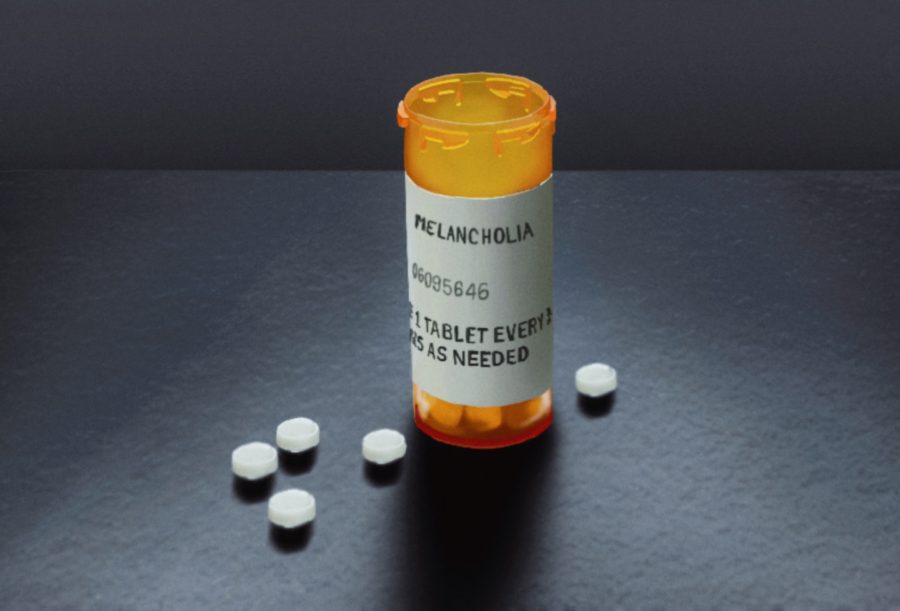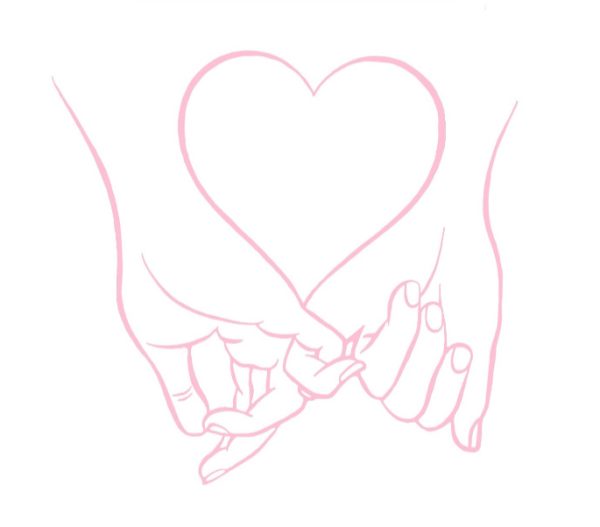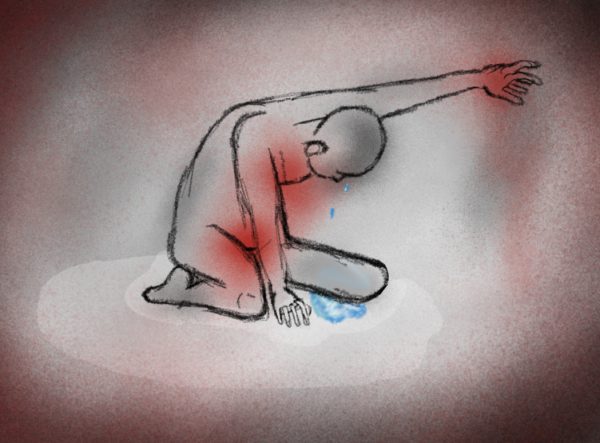Social media distorts mental illness definitions (Opinion)
The normalization of mental illness inflicts more harm than good
Social media contributes to the invalidation of mental health.
The Mav provides students a platform to submit work as guest writers. Works from guest writers do not reflect the beliefs of The Mav, however, the site allows for students to freely express their beliefs and opinions to the public without risk of censorship. If you would like to be featured on our website or our next print edition, email your work to mavnewspaper@gmail.com for consideration.
Over the last few years, there has been a big push in society to destigmatize mental health. This has been beneficial to many because they feel safe talking about their problems and reaching out for help, and it makes others not feel so alone. However, sometimes problems arise with normalizing mental illness. Many people, especially teenagers, have over-normalized mental illnesses, specifically depression. When over-normalized, words like “depression” have diminished meaning it hinders treatment.
Depression is a complex mental illness that many suffer from. With depression, one might feel an overwhelming amount of anguish and a lack of motivation to do simple tasks such as brushing their teeth. As one of the most prevalent mental disorders, depression is talked about a lot on social media, the main perpetrator of the dilution towards the meaning of mental illness.
The COVID-19 pandemic contributed a lot to this harmful change. During the pandemic, everyone was isolated in quarantine, and this caused depression rates to skyrocket. Because more people developed depression, social media was the easiest outlet — there was nowhere else to go to. People would share their stories, relate to others, and use the internet as their coping mechanism. The problem with this is that as opening up about the illness gained popularity, the definition and the perception of depression became blurred.
When depression is not properly understood, people undermine what the illness really entails. There have been times where social media has even encouraged self harm and suicide since it can be perceived as a trend or aesthetic.
Daniel Fu, a participant in a research study about the effects of normalizing mental illness said, “Social media often becomes an echo chamber that reinforces ideas of melancholy and depression to a point where it can seem weird not to be experiencing such problems.”
This “echo chamber” leads to self-diagnosing and a misinterpretation of depression, which can cause people who actually have depression to feel invalidated. A common example of this would be when only one form of depression is perceived as valid.
It essentially says “if you’re not depressed as much as I am, you’re not really depressed”.
This has been studied by Dr. Brea Perry, and she found that people with less severe mental illness are often put aside to care for the people with more severe mental illness. I’ve personally witnessed this a lot on TikTok, and even felt the effects of it myself.
It’s difficult to curb this new popularization of desensitizing mental illness, but there are things that can be done in an attempt to help stop the trend. Society needs to stop enforcing the notion that mental illness isn’t a huge deal just because it’s common. Yes, it is normal for people to experience depression, but it’s not some simple illness that everyone encounters. It’s something difficult to endure where everyday is a battle to make it to the next, and for some, this battle becomes too much. It’s a serious illness that requires aid and understanding.
Gillian Sisley, a journalist who wrote about her own experience in regards to normalizing mental illness, said, “To make a statement like that trivializes and belittles the courageous battle a person is fighting and the struggles they are overcoming each and every day.”
While it’s important to normalize and remove the stigma from mental illness, the misinformation and inaccurate perceptions of such illnesses propose the question: are the consequences of normalizing such illnesses truly beneficial in the long run?
Your donation will support the student journalists of Mead High School. Your contribution will allow us to purchase equipment and cover our annual website hosting costs.










